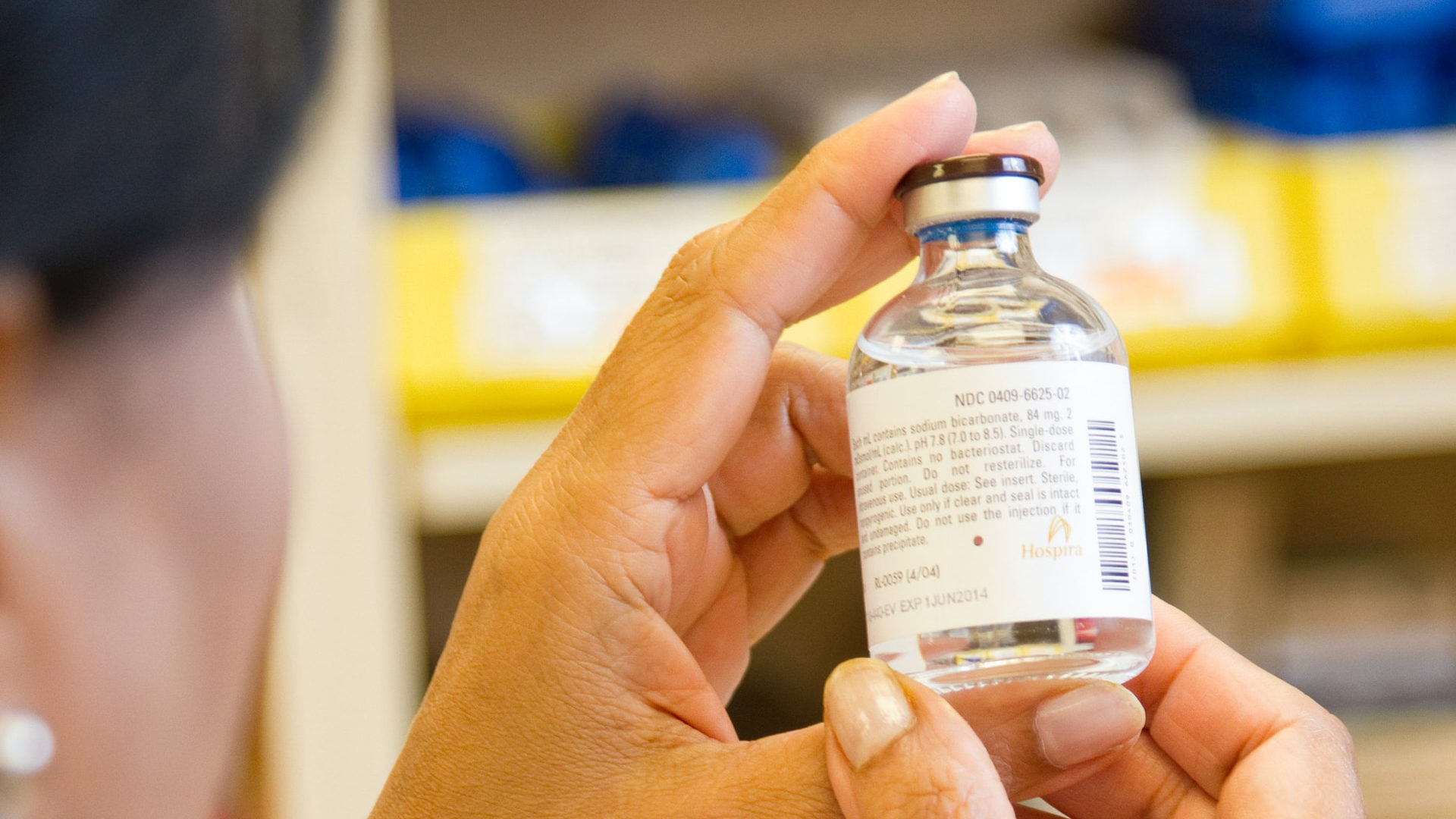News
Co-Existence Agreements – The importance of getting them right
June 2020
A co-existence agreement allows businesses to trade using the same (or similar) mark, but with certain agreed restrictions, such as geographical constraints where a mark can be used. For example – one party may be able to sell under the mark in Europe, and another can sell under the mark in the USA. The need for this may arise for example where two parties have unknowingly adopted the same mark at the same time.
The recent case of Merck KGaA v Merck Sharp & Dohme Corp and Ors [2020] EWHC 1273 (Ch) concerned a long running trade mark dispute between Merck KGaA (Merck Global) and Merck Sharp & Dohme Corporation (Merck US) and illustrates the importance of making sure co-existence agreements are fit for purpose.
Background
Merck Global was founded in 1688 in Germany. A US subsidiary was established that subsequently became an independent company. A co-existence agreement was entered into in 1955 and then updated in 1970, which set out the parties use of the mark ‘Merck’. This agreement provided that Merck US were fine to use this mark in the US and Canada, however in other countries they would use ‘Merck Sharp & Dohme’ (the company’s full name).
Infringement
Merck Global claimed that online and offline uses of ‘Merck’ in the UK by Merck US breached the co-existence agreement between the parties. In 2016, the High Court found that Merck US’ use of the mark in the UK constituted a breach of the co-existence agreement. Merck US appealed, and the Court of Appeal found in 2017 that Merck US had breached the agreement. The issues of whether these breaches constituted trade mark infringement were referred back to the High Court.
The judge found that Merck US’ use of the mark on websites, email addresses and social media targeted at the UK could constitute “use in the course of trade” (i.e. – physical goods do not actually have to be available, given the fact that Merck US had used a different mark on products actually sold in the UK) and accordingly use in this way constituted trade mark infringement. An injunction was granted against Merck US to prevent it from infringing the mark in the UK.
How can a business get this right?
Ensuring that a co-existence agreement will adequately deal with every eventuality that may arise in the future is obviously impossible. However, the co-existence agreement in this instance appeared to be very simple and had not been updated since 1970 (and consequently could never deal with issues such as whether use on social media constituted infringement). Parties to such an agreement should therefore think about the following;
- What effect could rapidly evolving technology have on the use of a mark in future. Could this widen the use of a mark, sometimes inadvertently beyond the scope of what was originally intended?
- Where do you realistically intend to sell products? Basing an agreement on current markets and ignoring potential markets could cause problems down the line.
- Include adequate dispute resolution processes (for example a requirement to mediate a dispute) in order to hopefully avoid costly and lengthy litigation.
- Given this case and the effects of the internet and other technology, it may be worthwhile introducing requirements for the agreement to be reviewed (for example every ten years) to make sure it adequately provides for such advancements or changes to the parties’ businesses
- Don’t just consider geography – consider all elements of hard copy and electronic use including social media, websites, physical marketing brochures and other advertising materials.
This article was prepared by HGF Senior IP Solicitor Chris Robinson. If you would like further advice on this or any other matter, please contact Chris. Alternatively, you can contact your usual HGF representative or visit our Contact page to get in touch with your nearest HGF office.































